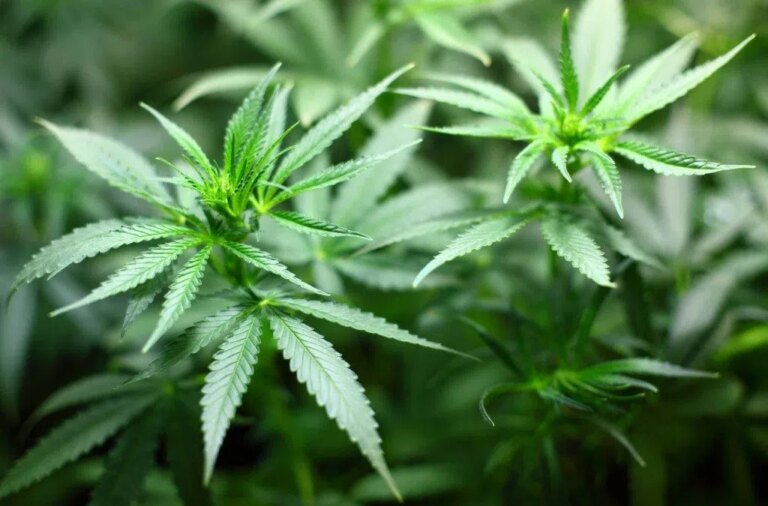Six years have passed since the Canadian government legalized cannabis for recreational use, but researchers are still studying its potential effects.
Dan Hardy, a professor at Western University's Schulich School of Medicine and Dentistry, is researching the potential risks of marijuana use during pregnancy. His findings show that it can actually affect children in a variety of ways.
“What we found is that, as we expected, THC causes low birth weight offspring,” Hardy says. “And more importantly, it can lead to offspring later in life with problems with heart function and glucose tolerance, leading to a kind of pre-diabetic condition, and of course affecting neurological development.”
THC is the main psychoactive ingredient in cannabis and is the part that gives people the “high” feeling. But in recent years, the plant's non-psychoactive components have gained popularity as a kind of elixir. The most popular is cannabidiol, commonly known as CBD. It is said to be effective for pain, nausea, anxiety, and other mood disorders. Some people may think that CBD is safe to take during pregnancy because it does not cause intoxication like THC. But Hardy's research shows that this may not be the case.
“What we are showing is that CBD is not safe during pregnancy, not necessarily for the mother, but rather for the baby. And we know that there are problems with regulating blood sugar levels. So that was a real eye-opener for us.”
Hardy said available data shows that there has actually been an increase in pregnant women using cannabis since legalization. Much of this data comes from Colorado, where legalization occurred earlier than here in Canada, but it is still generally applicable.
“So I think there's a misconception that if it's legal then it should be safe to use during pregnancy.”
Hardy said people may use cannabis to deal with issues such as nausea during pregnancy, and because it's a plant and natural, she thinks it must be better than medicine. It says that there is. He said this is due to a lack of data showing the long-term effects and potential dangers of cannabis use.
“That's why it's so important for my lab to complete the research and get the data out to truly combat that misconception.”
As more research like this is done, it will be up to government agencies like Health Canada and health care providers like obstetricians and midwives to disseminate this information to the public and make sure everyone is aware of the risks. Hardy says the responsibility should be on the government.
While it may seem like mothers are solely responsible for protecting their children from the harmful effects of cannabis, Hardy points out that fathers should also take on that responsibility.
“It's important to not only have a broader conversation about whether mothers should use cannabis during pregnancy, but also about fathers and whether pre-pregnancy cannabis use is having an impact on offspring, especially in our country. This is a very important issue given the higher rates of use among men.”
Hardy says it's not a good idea for the government to rush to legalize cannabis, as little research of this kind was done before it was legalized.
“I'm studying cannabis in the five years after legalization, but it doesn't make sense, right? The funding didn't exist until after it was legalized to do significant safety research. So there was a rush. I think…I think it was a mistake.”

